Google I/O 2019 Preview: Pixel 3a, Android Q, Nest Hub and More
Android Q and new Pixel phones figure to dominate the Google I/O conference this year. But what else could Google announce May 7?
If you ever want to get a sense of just how many plates Google has spinning at any one time, just sit through the opening day keynote at the tech giant's annual Google I/O developers conference, which kicks off tomorrow (May 7). You're likely to hear about Google's efforts in machine learning, smart home tech, virtual reality, automotive technology, wearables and digital assistants.
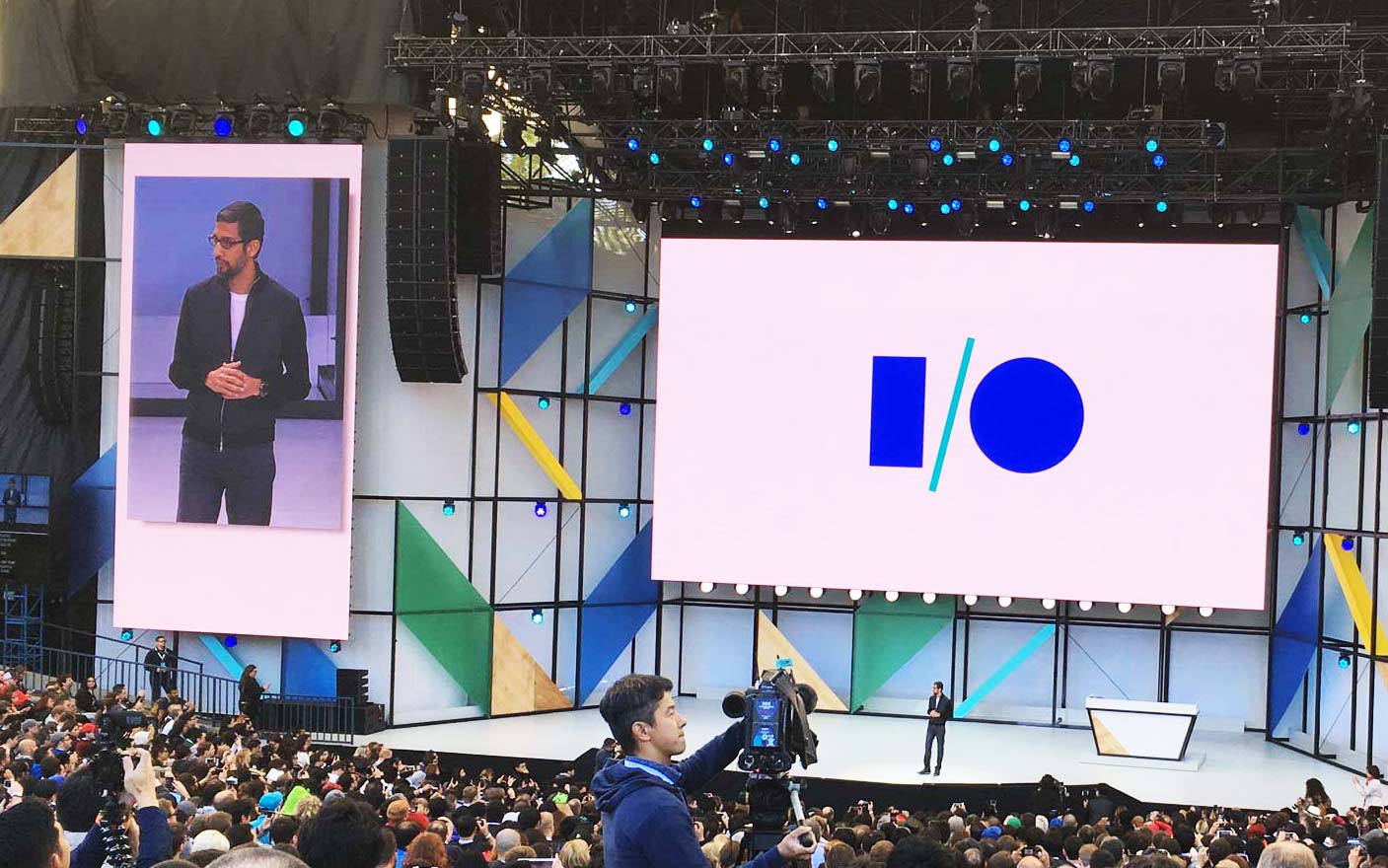
Also expect to learn a lot more about the Android Q operating system and likely Google's heavily leaked Pixel 3a and Pixel 3a XL phones.
The bottom line: Google has a lot going on. And I/O, which kicks off Tuesday (May 7), is a chance for the company to inform its developers — and the rest of us — what to expect from future products, including smartphones, smart home devices or anything that relies on Google software.
"We're sure to see new features for Android, including user interface tools for developers to adapt apps to the new possibilities enabled by folding displays," said Avi Greengart, lead analyst at market research firm Techsponential. "Google also likes to show off AI-driven features from its labs for communications, imaging and usually something unexpected."
Here's how to watch the Google I/O keynote this week, along with the questions the company is likely to answer.
How to watch the Google I/O keynote
Google I/O kicks off at 1 p.m. ET/10 a.m. PT on May 7. For the fourth consecutive year, the developer conference is being held outdoors at the Shoreline Amphitheatre, a stone's throw from Google's Mountain View, California, headquarters.
Sign up to get the BEST of Tom's Guide direct to your inbox.
Get instant access to breaking news, the hottest reviews, great deals and helpful tips.
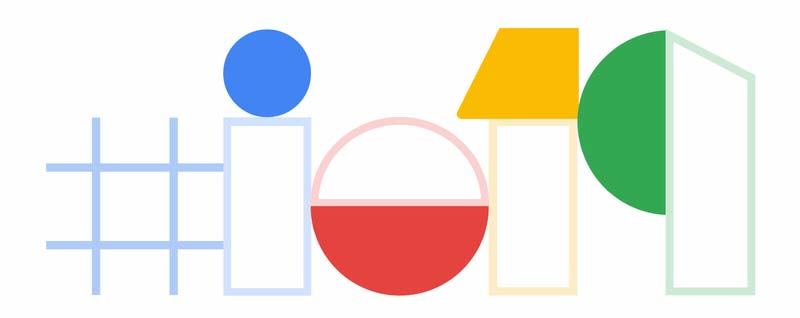
The conference runs for three days, but it's really the first keynote that commands the lion's share of attention. Google will livestream the keynote, most likely on the company's I/O website or the Google Developers YouTube channel.
You can also follow along at Tom's Guide, where we'll have updated coverage on everything Google announces.
What will we learn about Android Q?
An amphitheater full of developers gives Google a receptive audience to outline what's going in the Android OS update coming out later this year. So just as recent I/Os have given us a closer look at Android Nougat, Oreo and Pie, expect Android Q to get plenty of stage time during this year's keynote.
Of course, we've already gotten a glimpse at some of Android Q's features after a developer beta that worked on Pixel devices back in March. With that beta, we learned that Android Q offers sharing shortcuts that developers can build into their apps, call-screening features and privacy improvements, among other additions.
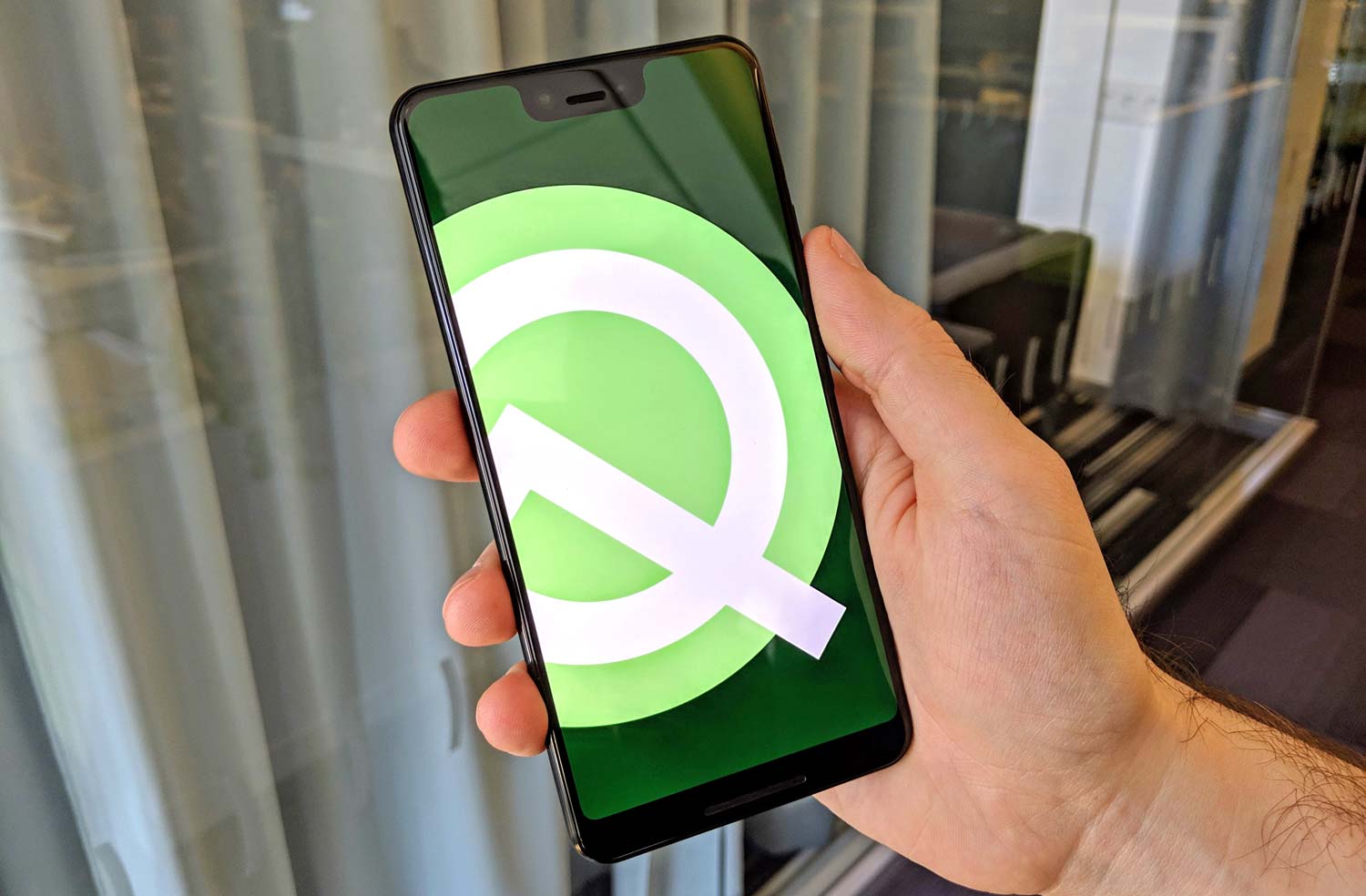
The I/O keynote will focus on these already-announced changes while giving us a look at other things we can expect from Android Q. For example, this Android update is rumored to be introducing a system-wide dark mode, and considering there will be I/O developer sessions with titles such as "Moving Away From the Light with Android Q," this seems like a feature we'll be hearing more about Tuesday.
Folding phones aren't off to the best start after Samsung pushed back the launch of the Galaxy Fold. But you're still going to hear about the changes Google is making to Android to accommodate devices with flexible screens, as it shows developers how to optimize their apps for this new generation of devices.
The keynote is all but certain to introduce an updated beta of Android Q, and if our experience with Android Pie is any indication, it will be able to work with more devices than Pixel phones. Last year at I/O, Google released an Android P beta that you could install on phones from OnePlus, Essential, Sony, Xiaomi, Oppo and Vivo. There's no reason that trend for including third-party devices in Android beta testing won't continue with Android Q.
We aren't likely to find out what the Q in Android Q stands for during I/O. Google usually holds that announcement for just before the OS update's final release, which should happen in late summer or early fall, if history is any guide.
Google Pixel 3a and Pixel 3a XL?
As we head into this year's I/O, it's widely expected that a midrange version of Google's Pixel phone will appear.
Google has only itself to blame for this rumor. In mid-April, the company started posting teasers in its online store, promising "something big is coming to the Pixel universe" on May 7. Most observers took that to mean the long-rumored lite version of the Pixel 3, which will apparently be called the Pixel 3a.
Based on the Pixel 3a rumors, Google is expected to release two phones at I/O: the 5.6-inch Pixel 3a and the 6-inch Pixel 3a XL. The two phones will have a lot in common with their flagship counterparts — most notably, a single-lens rear camera that relies on Google's software smarts to capture better images.
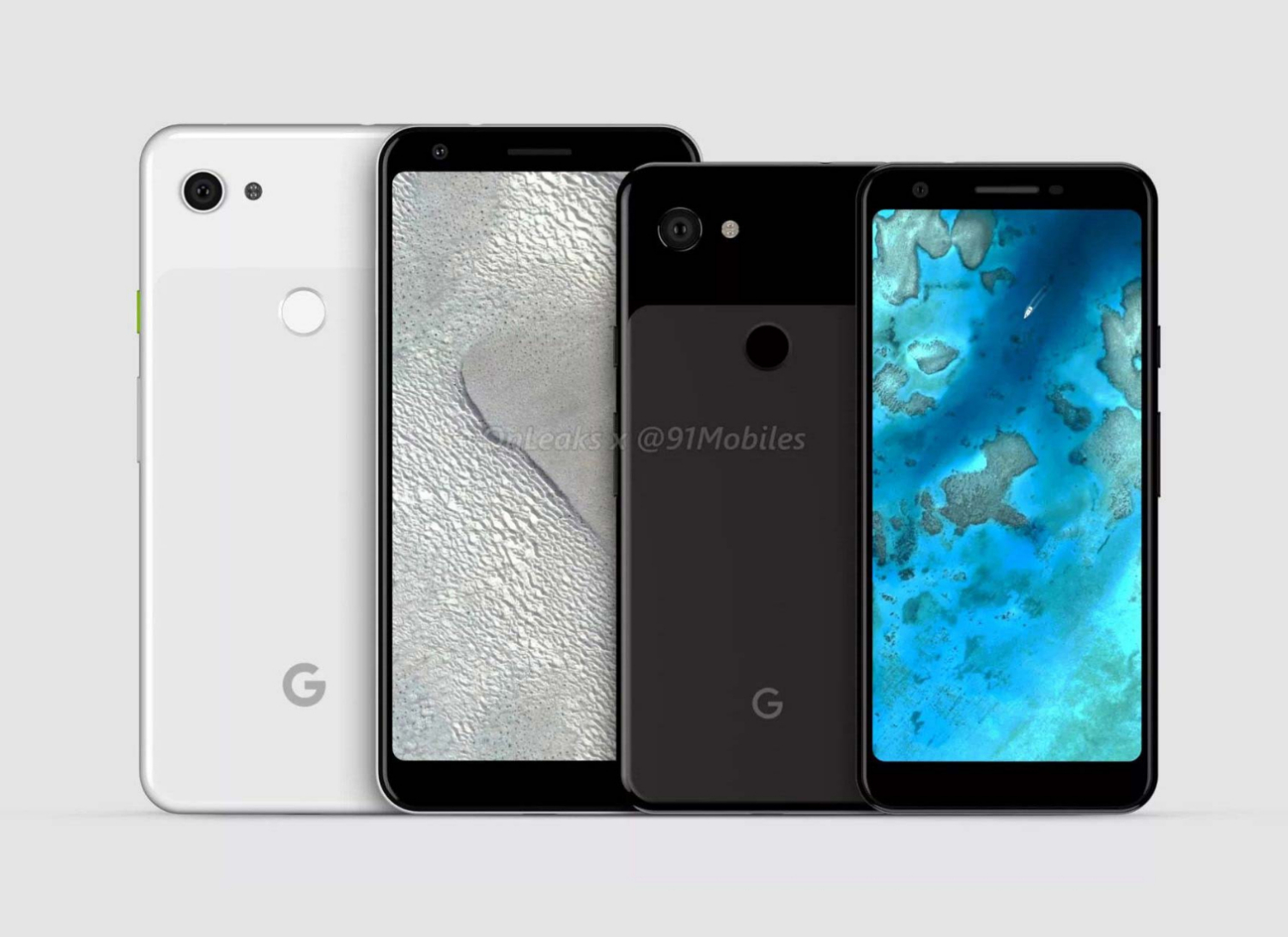
"It would be good to hear how they are positioning this midtier device, which I am sure it will be something along the lines of 'We want to give access to our services to the people who want them but might not be able to afford a Pixel,'" said Carolina Milanesi, a principal analyst for Creative Strategies. In particular, Milanesi said she wants to see "what features they are compromising on to get to the price point they need and which they won't."
Reportedly, the Pixel 3a and 3a XL will run on slower processors than the Snapdragon 845 found inside the Pixel 3 flagships. And they'll likely be made out of plastic instead of the glass and metal used for Google's higher-end phones. The trade-offs could be worth it, though — one rumor suggests that the Pixel 3a will start at $399, a $400 discount from the Pixel 3's price.
"I'm expecting Google to make the case that the Pixel 3a offers flagship imaging capabilities at a midtier price," Greengart said. "The rumors suggest that Google will expand carrier distribution in the U.S., but for Google to really challenge Apple and Android licensees, it will need better design, full carrier distribution worldwide, and enormous investment in marketing and merchandising."
Nest Hub Max is a possibility
Google tends to hold its hardware announcements for the fall, timing product releases to coincide with the holiday shopping season. But if the Pixel 3a is going to debut during I/O, why not find the time to release some other devices?
That seems to be the thinking behind the rumor that we could also see a new Google Assistant-powered smart display next week. Reportedly, Google is working on a device called the Nest Hub Max — a rumor that Google once again fueled itself when it posted information about the device in its online store before yanking those details.
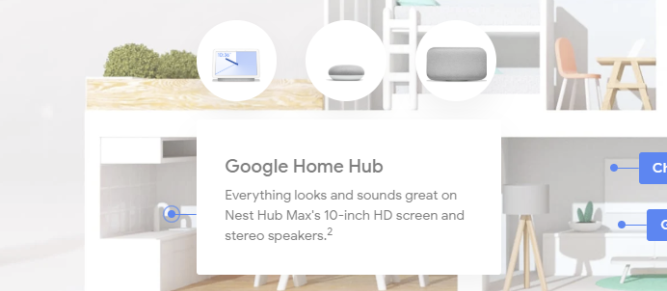
From what we saw during GDC, Stadia has a lot of promise, though we still have some questions — chiefly, which games will work with Stadia and how much the service will cost. Google could use its I/O keynote to provide more details; it could just as easily save that information for another time.
Regardless of whether Stadia gets any stage time during the keynote, it will certainly be a topic of conversation at the developer conference. A quick scan of the conference agenda finds a couple of sessions dealing with Stadia streaming technology and game development with Google Cloud.
Wear OS news (but don't expect Pixel Watch)
Google's big wearable news may have come before Google I/O. Last week, the company announced a new Wear OS feature called Tiles that should make it easier to navigate smartwatches running Google's OS for wearables.
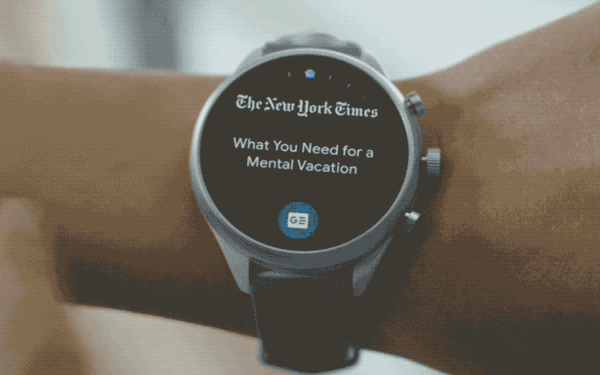
With Tiles, you can swipe across a smartwatch screen for shortcuts to information you'd want to see at a glance, like the weather forecast, your next calendar event and a timer. Third parties don't yet have access to Tiles, but we imagine that could change at I/O.
"I would love to hear about [Wear OS], as we did not get much about it last year and this week we had some updates with not much context," Milanesi said.
Still, it seems unlikely given all the other announcements commanding stage time. And while we're talking about unlikely hardware announcements at Google's developer conference, it seems like the long-rumored Pixel Watch might be something Google would roll out at another time.
"I'd love to see Google seriously invest in wearables to challenge Apple Watch and Apple's slow push into health services, but I don't think we'll get that at I/O," Greengart said.
What else could come up at I/O next week?
Google always has a few surprises up its sleeve. Take last year's demo of Duplex, the technology that taps Google's AI to phone up restaurants and other businesses to make reservations on your behalf. As Greengart noted, Google Assistant is a critical part of Google's business, so we could see Assistant picking up new skills like Duplex during I/O.
Also, don't overlook Google's efforts to bring Android to your car, whether that's via built-in infotainment systems running Google's OS or Android Auto, which lets you connect your phone to a car. Google's recent developer conferences have included automotive demos, and this year's schedule includes a handful of sessions aimed at bringing Android apps to your vehicle.
Philip Michaels is a Managing Editor at Tom's Guide. He's been covering personal technology since 1999 and was in the building when Steve Jobs showed off the iPhone for the first time. He's been evaluating smartphones since that first iPhone debuted in 2007, and he's been following phone carriers and smartphone plans since 2015. He has strong opinions about Apple, the Oakland Athletics, old movies and proper butchery techniques. Follow him at @PhilipMichaels.

